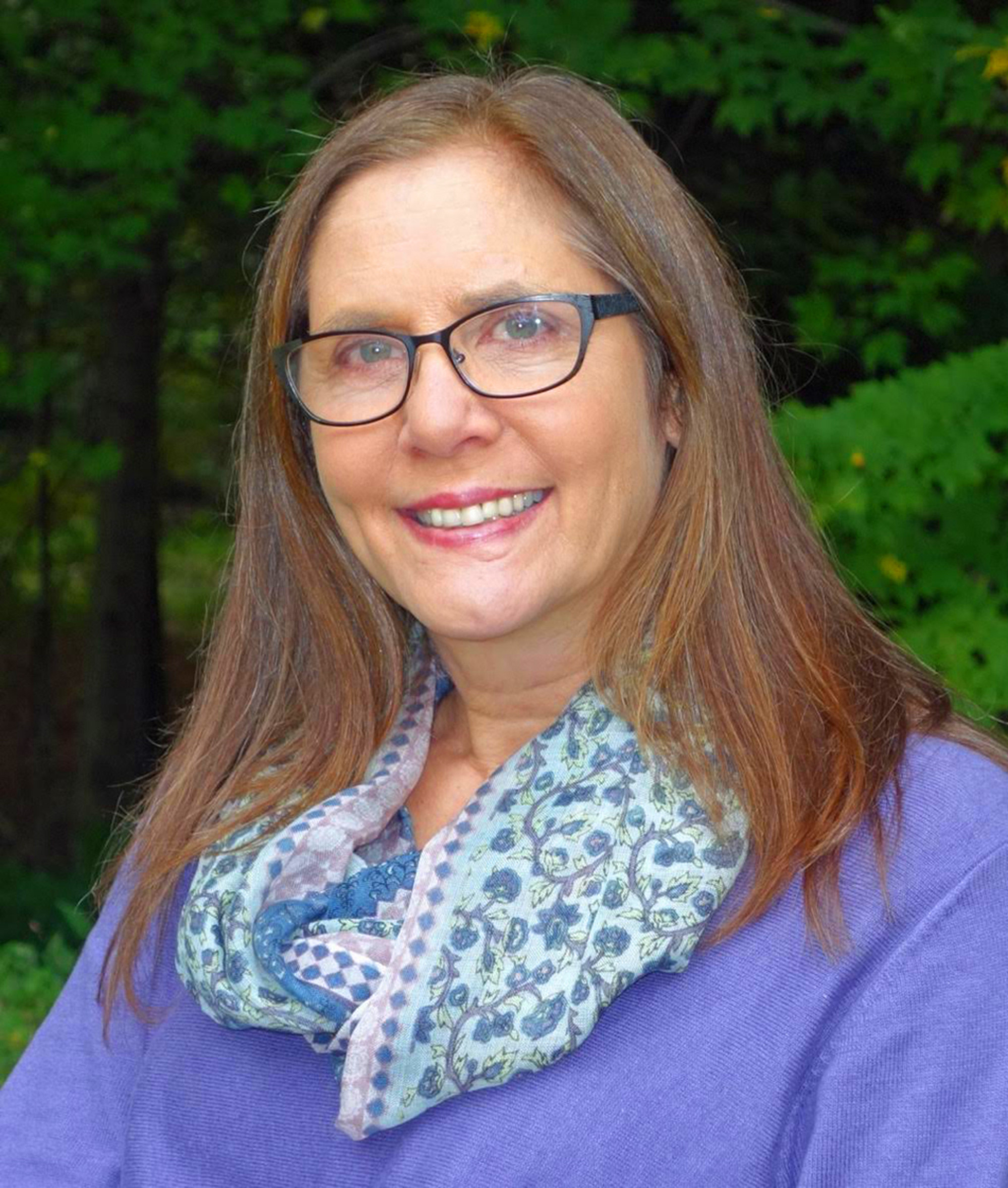
Why active listening is important: experts say we’re not doing it and that letting someone know you hear them helps you to connect and grow
- With technology providing a steady distraction, we’ve forgotten how to listen to others and tune out even those we love the most
- Experts provide tips to truly engage in conversation – including asking the right questions in the right way, and not judging or offering advice
When was the last time someone really listened to you, was attentive to what you were saying and whose response was so spot on that you felt truly understood? And when was the last time you listened to someone without thinking about what you wanted to say next, without glancing at your phone or jumping in to offer your opinion?
These are some of the questions that author and journalist Kate Murphy raises in her book, You’re Not Listening – What You’re Missing and Why It Matters.
And yet it is only by listening that we engage, connect and grow as human beings. Listening has the potential to transform our relationships and our understanding of the world around us.

What does it mean to really listen to someone? It is to be moved physically, emotionally and intellectually by another person’s experience.
“To listen is to care about, validate and acknowledge another’s feelings,” explains Murphy.
“Listening is about curiosity and patience – about asking the right questions in the right way. It goes beyond just hearing what people say. It’s also paying attention to how they say it and what they do while they are saying it, and in what context.”
This can only be achieved by suspending our needs and preoccupation with ourselves long enough to hear the other person out and enter into their experience.
It means leaving our opinions and judgments aside and understanding not just what the other person says, but what the other person feels.
Most of the time, listening takes work. By making the effort, it’s a skill that can be learned and perfected with practice. The experts present three key ways to learn to listen well.

1. Reflect Back/Paraphrase
Nichols and Straus say that effective listening is active, engaged and responsive.
“Listening is a two-step process. First, we take in what the speaker says, then we let him or her know it.
“The best way to promote understanding is to restate the other person’s position in your own words (paraphrasing), then ask her to correct or affirm your understanding of her thoughts and feelings.
“It isn’t your paraphrase that’s important, it’s inviting the other person to expand on what he or she is saying.”

Asking clarifying questions and making comments that focus on the person’s emotional state encourage the speaker to go deeper into their experience and help to elaborate on what they’re thinking.
“What do you wish would happen?”, “How else did you feel?” and “I imagine that must have been hard for you” are a few examples of this.
“When deeply felt but unexpressed feelings take shape in words that are voiced and come back clarified, the result is a reassuring sense of being understood and a grateful feeling of shared humanness,” explain Nichols and Straus.

2. Don’t give advice or judge
Being aware of someone’s troubles does not mean you need to fix them. A lot of failed listening takes the form of giving advice.
“It’s frustrating when someone tells us we shouldn’t worry or feel guilty or be so scared,” say Nichols and Straus. “The intention may be generous, but the effect is to cheat us out of having our feelings acknowledged.”

If you jump in to fix, advise or correct, you are communicating that the other person doesn’t have the ability to handle the situation themselves.
“People usually aren’t looking for solutions from you, they just want a sounding board,” says Murphy in her book.
“You shut people down when you start telling them what they should do or how they should feel. A good listener is a witness, not a judge of your experience.”
Understanding and appreciating how the other person feels leads to solutions. The answers to problems are often already within people, and by listening, you help them access how best to handle things.
3. Ask questions from a place of curiosity
Good listeners ask curious questions that don’t have a hidden agenda of fixing, advising or convincing. The idea is to explore the other person’s point of view.
Murphy says that whether it’s your child, partner or friend who comes to you with a personal problem, if you ask open and honest questions and listen attentively to the answers, it communicates that “I’m interested in hearing more from you” and “your feelings are valid”.

Instead of asking questions such as “Wouldn’t you agree… ?” or “Don’t you think… ?”, ask open-ended questions. Find out what excites or aggravates them, their daily pleasures, or what keeps them up at night.
Use questions such as “What are you working on?”, “What are you worried about?” or “What’s the thing that you are most enthusiastic about these days?” Avoid asking questions beginning with “Why?” as they may come across as being judgmental.
The letter “r” stands for receive, which means paying attention to the person, “a” for appreciating and acknowledging them, “s” for summarising what they have said and “a” for asking questions.
“Most people think it’s a linear relationship: I speak, you listen. Actually, it’s a circle, because the way you listen affects how I speak, and the way I speak affects the way you listen,” Treasure says.
When we actively listen, we are present with those around us and we don’t allow distractions to take away our focus on the most important thing in that moment: seeking understanding, showing compassion and empathy.

Listening helps us understand ourselves as much as those we are listening to. Listening heightens our awareness. As we become more attuned to the thoughts and emotions of others, we become more alive to the world – and it becomes more alive to us.

